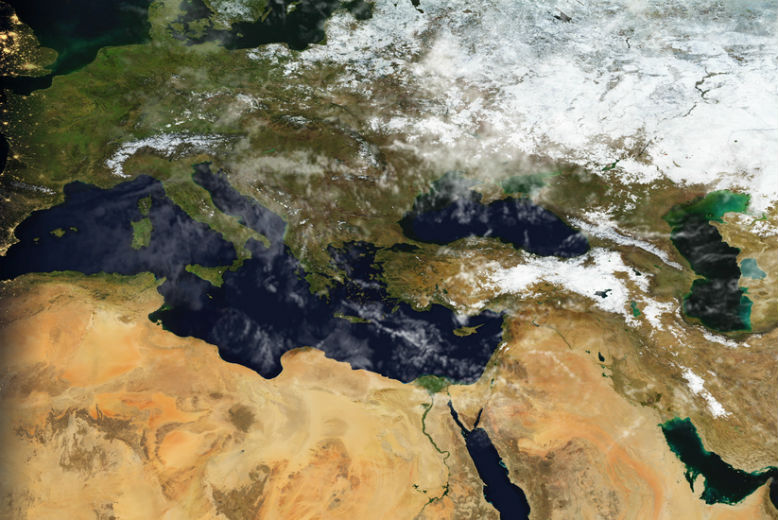
Seminar Series: Israel and Palestine
The Israeli-Palestinian conflict is one of the most intractable issues in international politics since the UN-system was created in the aftermath of World War II. It is a conflict that spans across generations and has repercussions and linkages to international law, global politics and contentious politics both within and between states.
Through three seminars, we explored the legal aspects and ramifications of the conflict as well as the state of play in both the Israeli and Palestinian society. While their entangled relationships have a great impact on their respective political and societal developments, we also want to explore what is happening in each country.
Seminar 1: The International Law Perspective on the Israel-Palestine Conflict,
November 3, 2020.
The Israeli-Palestinian conflict comprises several thorny political and legal issues; such as the law of occupation, notions of sovereignty and territory, the rights of minorities and the structures of representative democracy. While international law is quite clear on some of these issues, the law operates within political contexts and as we have seen in the course of the past 20 years the respect for fundamental legal frameworks has been weakened.
In this seminar, our distinguished legal experts discussed and elaborated on the relevance of international law to the Israeli-Palestinian conflict and what the legal assessment of the various political developments and initiatives would be.
Seminar 2: Israel's Domestic Political Development
November 12, 2020.
Israel is a democracy with a very dynamic and complex society and politics. The occupation of the Palestinian territories is ongoing , and the tension between the religious and secular sections of society as well as other social cleavages in society are of increasing importance. Politics are as fractured as ever, as evident in that Israel has just had its third election parliamentary in less than a year. Israel is also experiencing the same kind of illiberal dynamics as Europe is. Not only have the political identities of Left and Right changed over time, but they have also partly lost relevance for the political landscape.
What are the socio-political trends in Israel? Is the occupation a cleavage defining factor, or are there other issues that determine political choices to a greater degree?
Seminar 3: Gaza and West Bank - How to Unite One People
December 2, 2020.
Geographically, Palestinian society is divided between the West Bank and the Gaza strip. Politically, the Palestinian Authority in the West Bank and Hamas in the Gaza strip have been competing for authority, while living in the shadow of Israeli dominance. Nevertheless, as political elites, they are both responsible for the corruption and mismanagement that continuously exacerbates the effects of the Israeli occupation on the Palestinian economy and society. President Mahmoud Abbas was elected in 2005 for a four-year term, but new elections have yet to be held. Just below the surface, there are young generations of Palestinians for whom the two-state project is a faded dream, and the Palestinian Authority is held in low esteem.
How can authority and legitimacy be restored in the Palestinian territories, and how will Palestinians find a common and realistic path forward to resolve the conflicts within their society and with Israel?
If you have any inquiries regarding the seminars, please contact Rouzbeh Parsi (Head of the MENA programme).